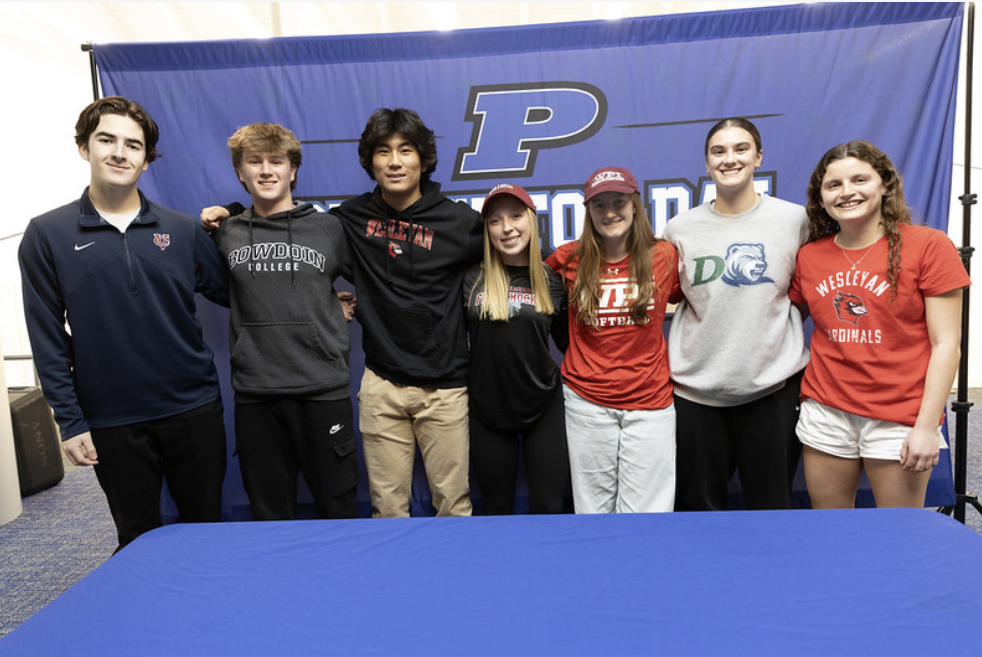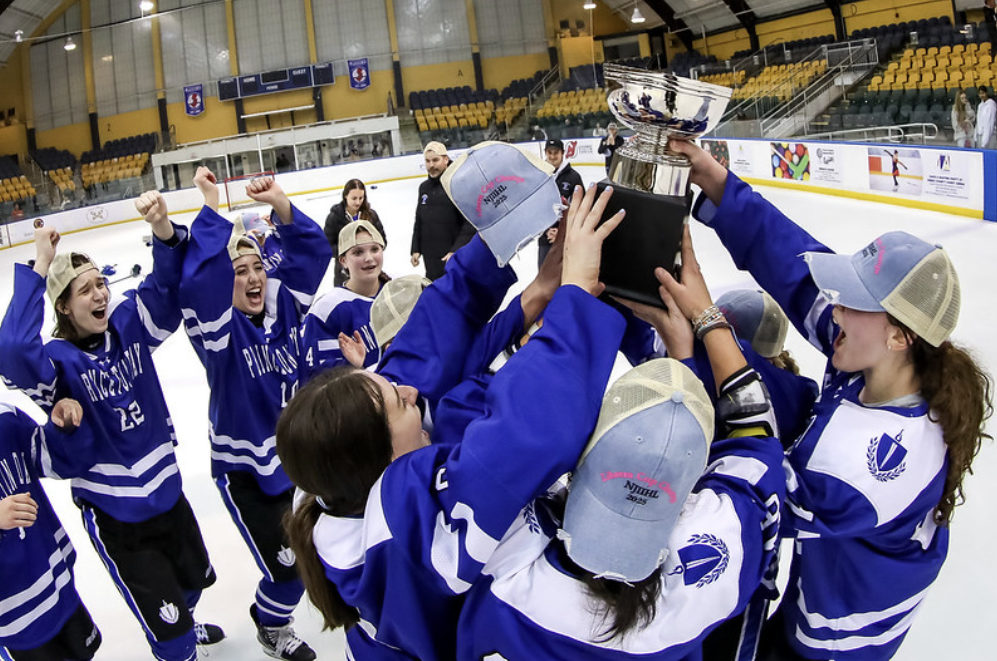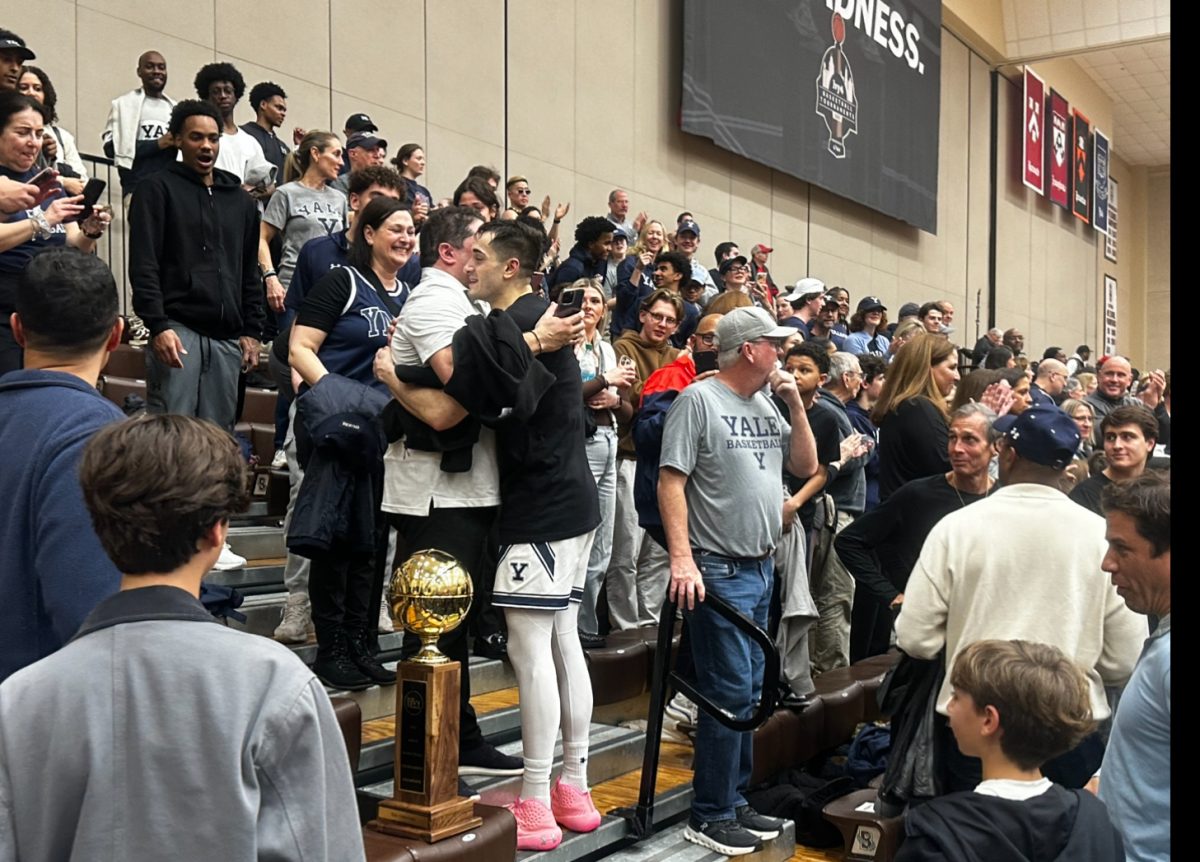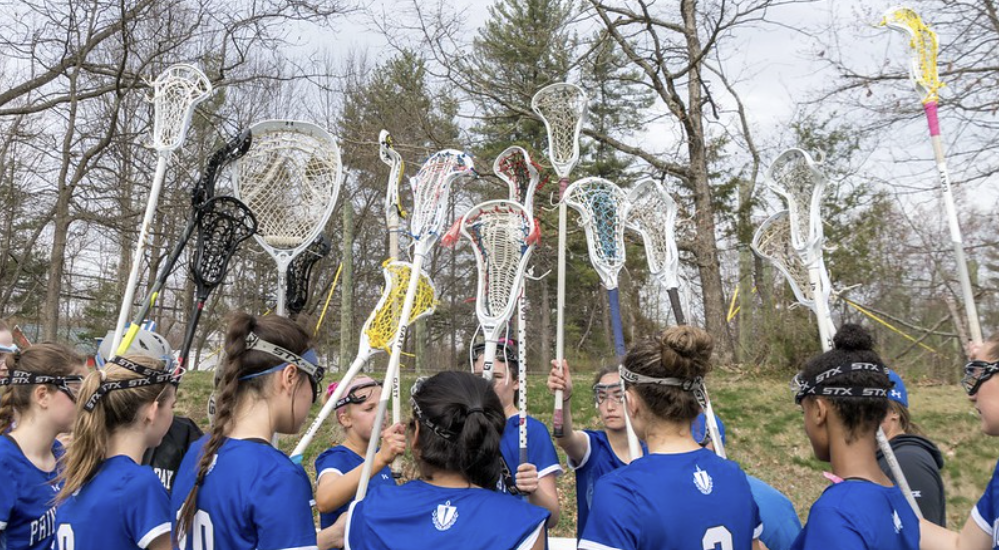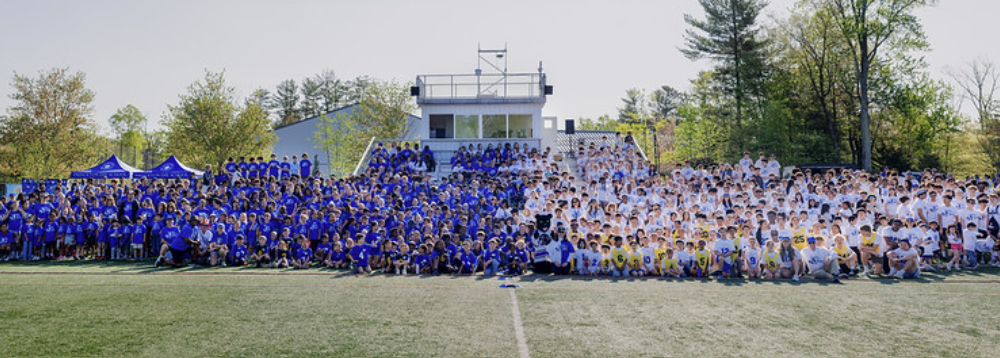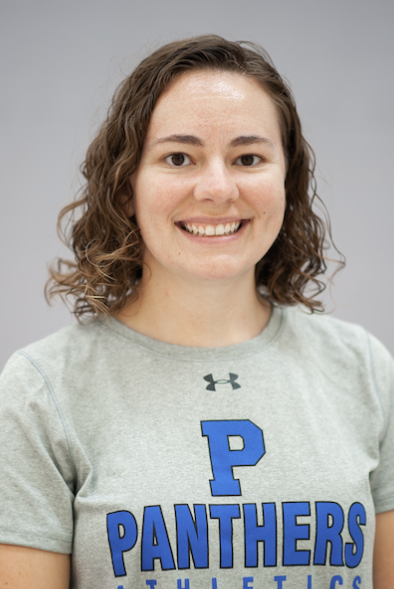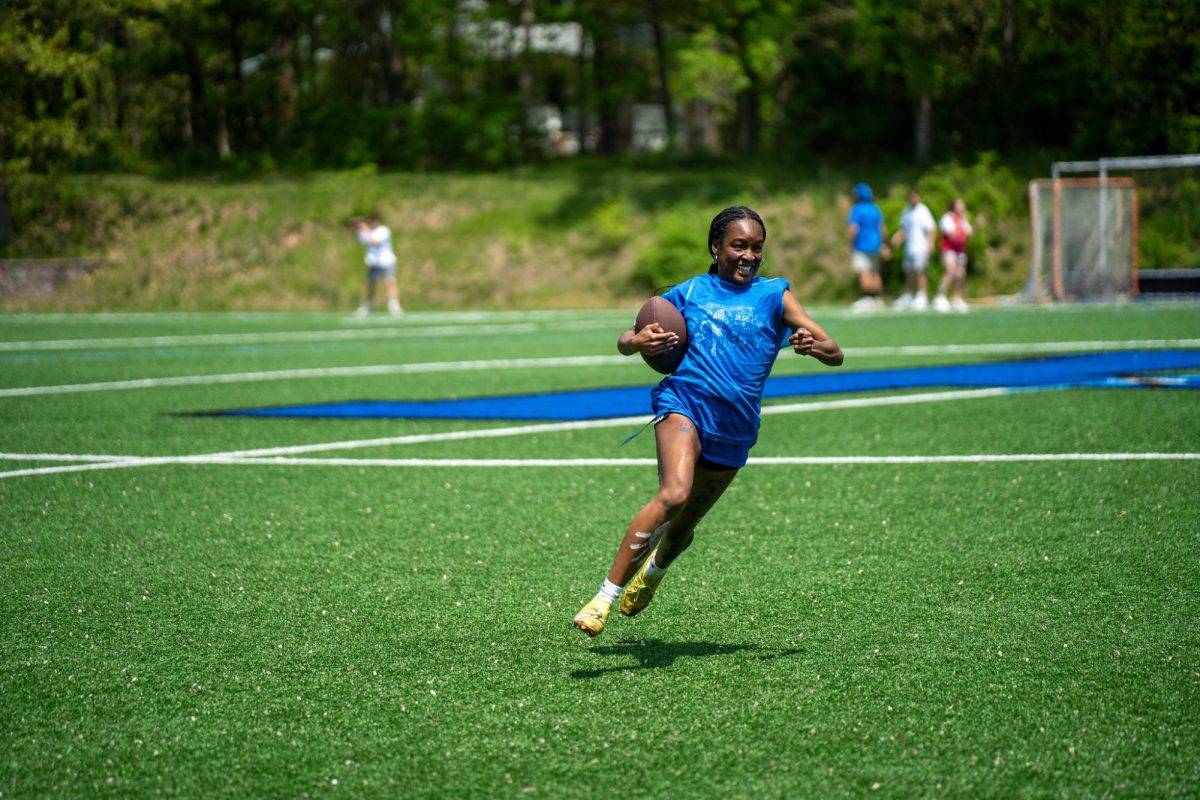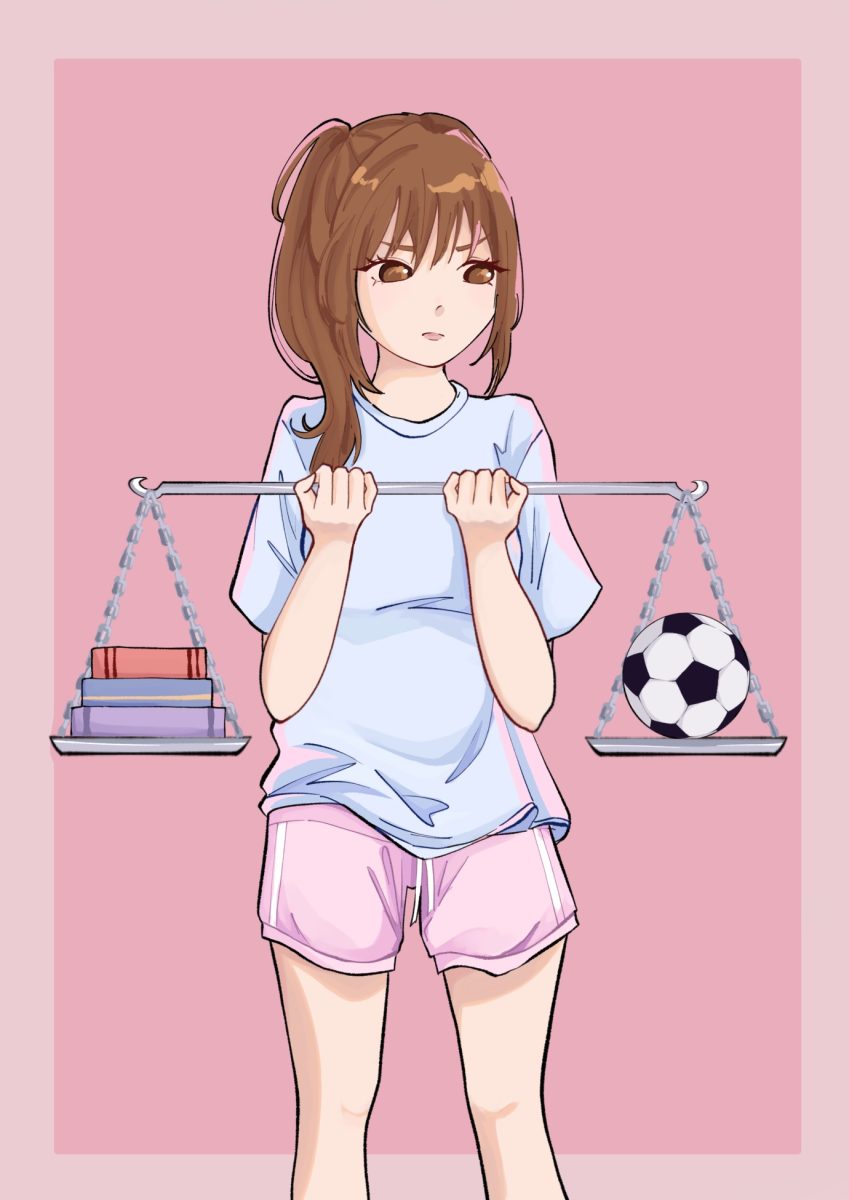For every high school athlete who has ever dreamed of playing in college, the phrase “college recruitment” carries both excitement and pressure. It’s the best reward after years of training, traveling, and sacrificing weekends, but it’s also a major commitment.
Let’s get one thing out of the way: talent alone won’t get you there. Sure, it helps to have a feel for the game or a physical edge, but that is only the beginning. What really separates high-level athletes from the rest is their mindset and their drive to push beyond what’s comfortable every day.
As Junior Colten McLaughlin put it, “My phone wallpaper literally says, ‘Obsession beats talent when talent doesn’t work hard.’ That’s what got me through every 6:00 am lift and late-night practice. It’s not about being the most gifted – it’s about being the most committed.” That kind of dedication doesn’t just happen on game day. It shows up in every choice an athlete makes.
Junior Ella McLaren, who recently committed to playing soccer at the collegiate level, shared a similar sentiment: “I have a packed schedule, having two games every weekend, but it’s helped me stay disciplined and competitive.” McLaren emphasized that the small choices, like stretching after practicing or getting enough hours of sleep added up to make a real difference.
Ask any athlete committed to playing in college, and they’ll talk about early morning lifts, weekends spent at tournaments, and missing out on social events because of practices. Committing to the next level means changing your lifestyle. McLaughlin said a big part of his success was due to his sleep schedule, diet, and even screentime.
Balancing athletics with schoolwork is one of the toughest challenges student athletes face, especially at a school as academically rigorous as PDS. Between AP classes, essays, and group projects, it can feel like there just aren’t enough hours in the day. But what makes it manageable is the support system in place. shared, “The school has been flexible with my academic schedule, and the teachers have always been understanding about my demanding training and travel.” He says that PDS has always had his back, and having been here since kindergarten, he’s seen how high the standards are at PDS. The strong sense of community has made him stay focused not just in sports but also his studies.
Pressure is part of the package, but handling it is a skill. “I’ve learned to let that stuff go. Don’t give it energy. Thoughts are just thoughts — they only become real if you act on them. I remind myself of my end goal to stay grounded,” McLauglin commented. Mental discipline can be just as important as physical training. McLaren added, “I actually feel like I perform best under pressure. I learned that pressure brings out the best in me, and reminds me what’s at stake. For me, embracing that mindset has made a huge difference.”
So if you’re a younger athlete at PDS thinking about the future, start small: work hard, stay focused, make sure to remember your “why,” and lean into the resources PDS has to offer. As McLaughlin said, “If anyone has any specific questions, just reach out, and I’d be more than willing to share my two cents on whatever questions you have.”


